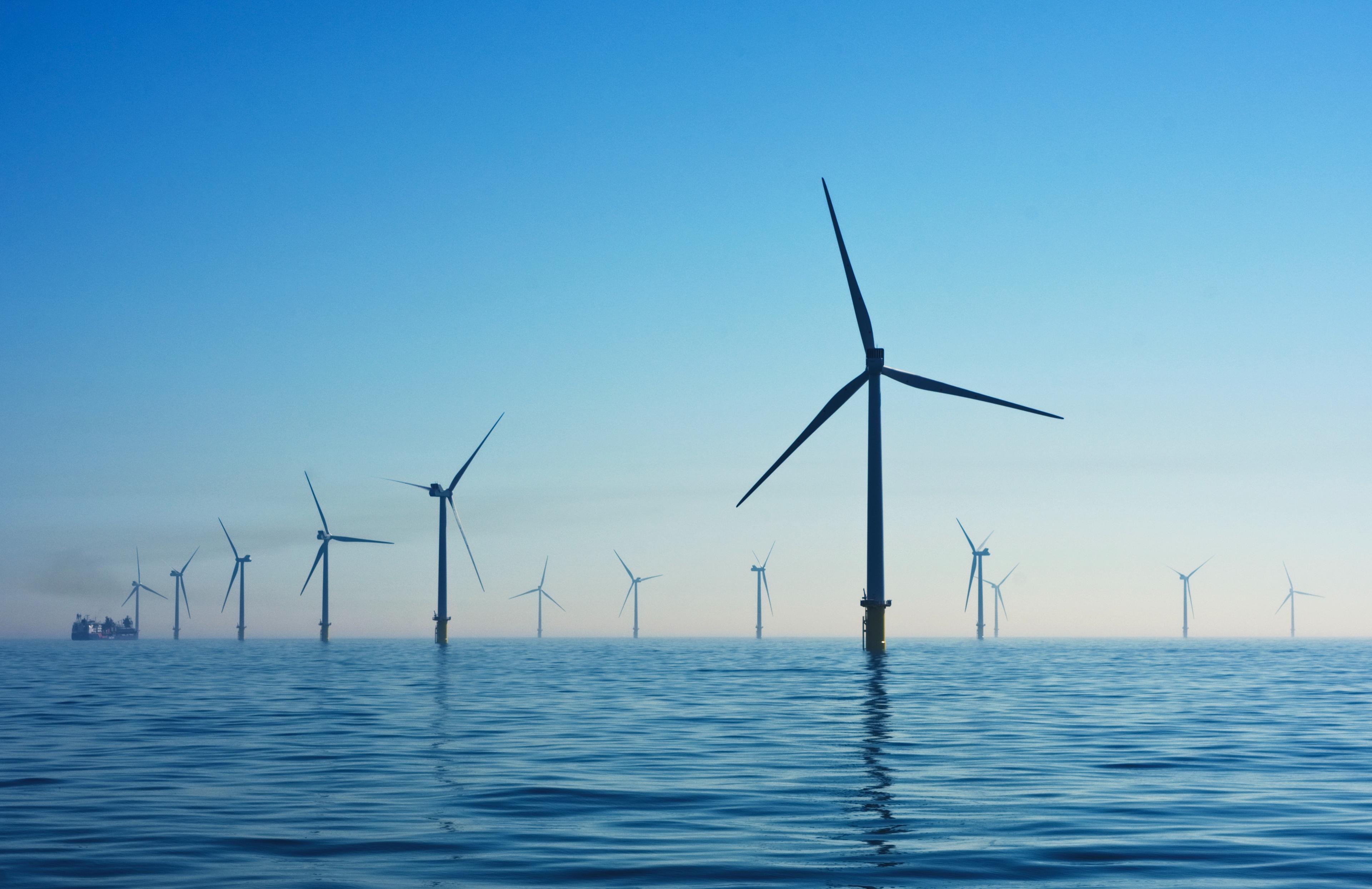
Building Sustainable Solutions for the Future
Becoming carbon neutral in Scopes 1 and 2 by 2030 while increasing recycling of plastics
Our 2030 Sustainability Ambition
By 2030, we aim to significantly reduce the environmental impact of our activities and power all global production with renewable energy. We are committed to achieving carbon neutrality in Scopes 1 and 2 and, through advanced plastic and composite solutions for the Cleantech industry, supporting the global transition to a renewable energy future.
At SP Group, sustainability is an integral part of how we operate and innovate. Together with our customers and stakeholders, we develop solutions that improve quality of life and enable a more efficient use of resources. We offer state-of-the-art plastics solutions that contribute to energy optimisation, insulation, clean water and clean air.
Our business is built on advanced plastic and composite technologies for industries such as Cleantech, Healthcare and Foodtech. We are aware that our products increase the use of plastics. As a consequence, we take active responsibility for developing our business and production in a way that increasingly reduces negative environmental impacts and contributes to sustainable development and the transition to a circular economy.
By recycling our own production surplus and integrating regenerated materials, we aim to reduce waste and optimize resource use across our 31 factories in 12 countries. We are continuously investing in modern equipment to lower energy consumption, increase efficiency, and reduce reliance on gas-dependent processes.
For more than 12 years, we have been a member of the UN Global Compact, and we actively support the UN Sustainable Development Goals. In 2024, we published our first Sustainability Report under the EU's CSRD, strengthening our commitment to transparency and accountability. You can also read more about our approach in our ESG Policy.
Increased Recycling of Plastics
We reduce virgin plastic use by recycling surplus from our own production and external waste. By integrating recycled materials into new and existing products, we promote circular resource use and cut waste.
Proportion of regenerates in plastics used (%)
9%
2020
14%
2021
15%
2022
14%
2023
19%
2024
Renewable Energy
We aim to power all operations with 100% renewable energy by 2030. In 2024, 80% of our electricity already came from renewable sources, including certificates and our own solar production in Finland, Poland and Slovakia.
80%
Green power in 2024
From certificates and own solar cells
100%
Target for 2030
Renewable energy sources
Solar Park on the Juelsminde Peninsula Taking Shape
90,000 solar cell modules installed
Expected annual production of 60 GWh – enough to supply more than 15,000 households
A key step towards achieving carbon neutrality in Scope 1 & 2 emissions by 2030
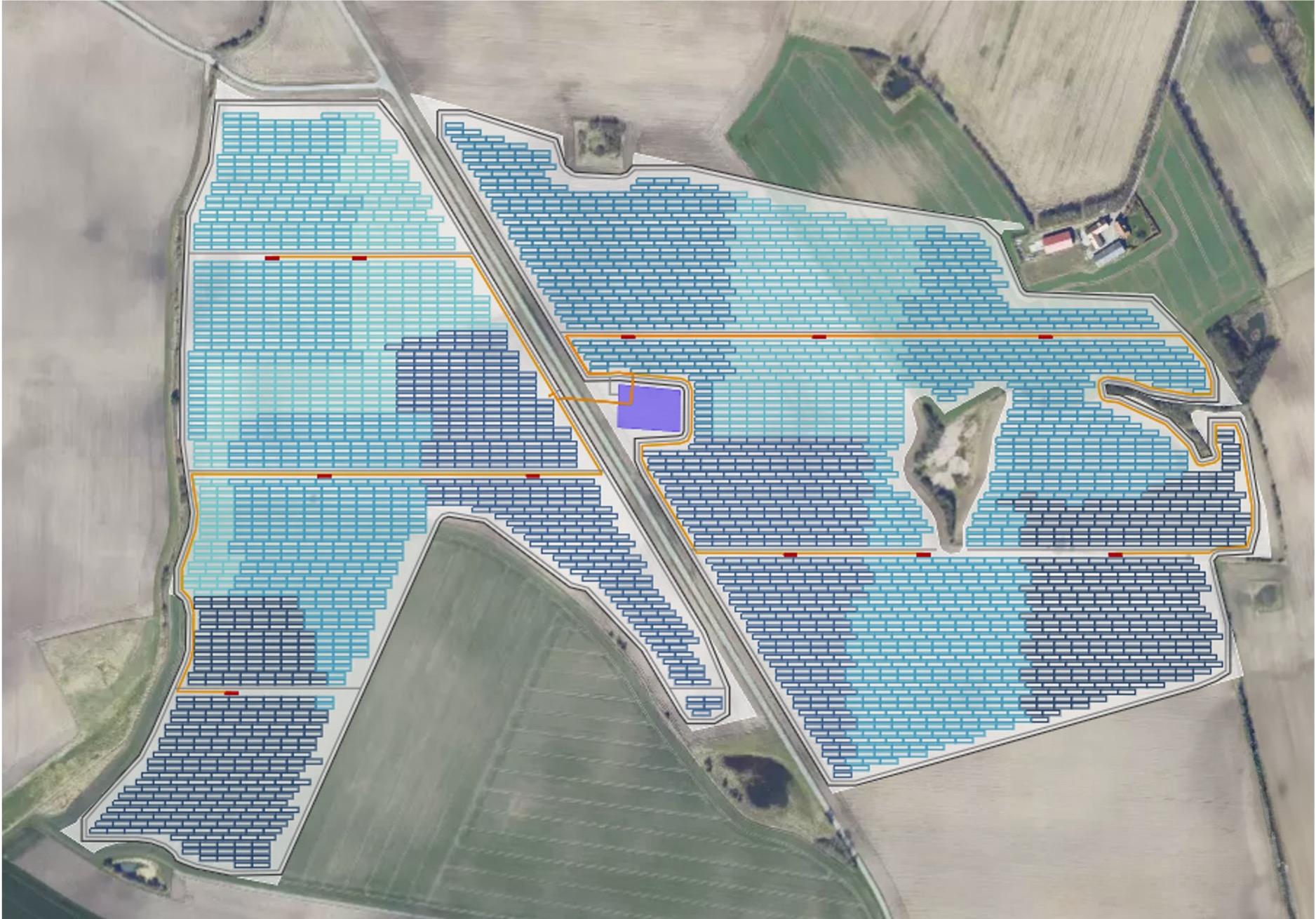
Products Made from Recycled Plastic
Muuto Chair
Made of up to 25% wood fibers and 75% recycled plastic – every chair is unique.
TPI Windhood
Manufactured in 90% recycled plastic – 10% new materials are necessary for UV protection purposes.
Nycopac Sleeve System
Foldable pallet containers for many industries. All components are 100% reusable and recyclable.
Ergomat Sustainability Mats
These mats contain between 65% and 100% recycled materials.
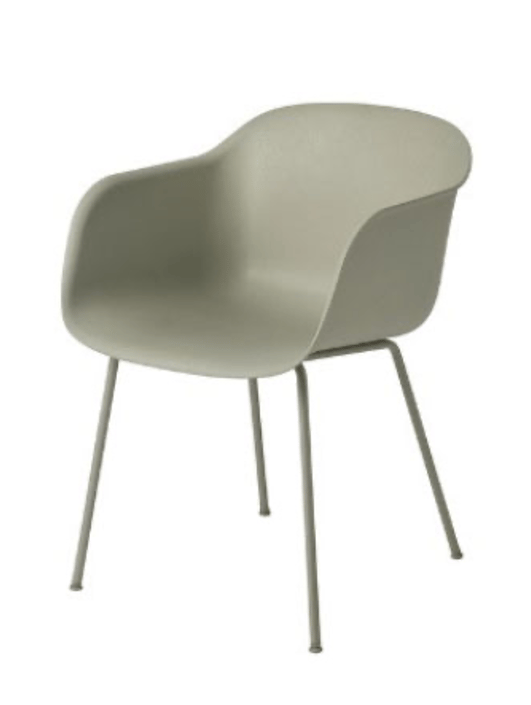
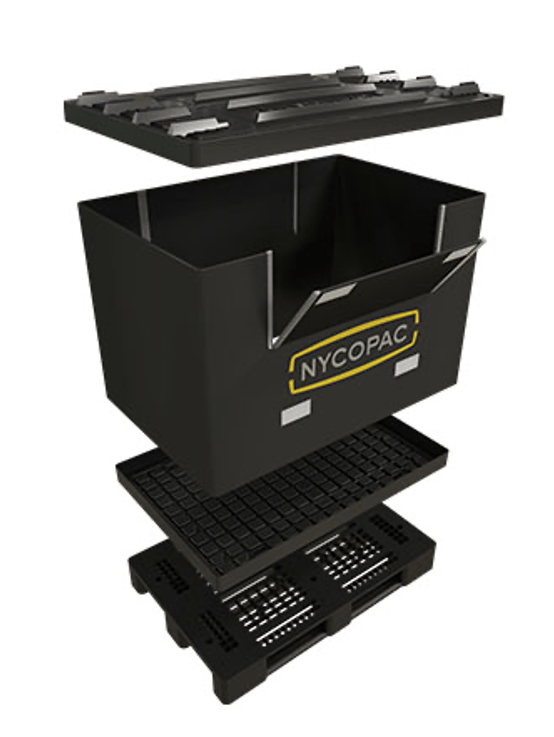
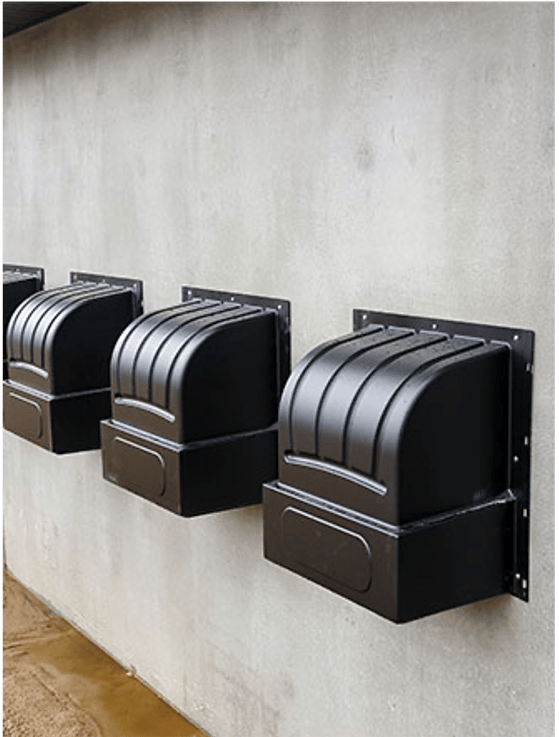
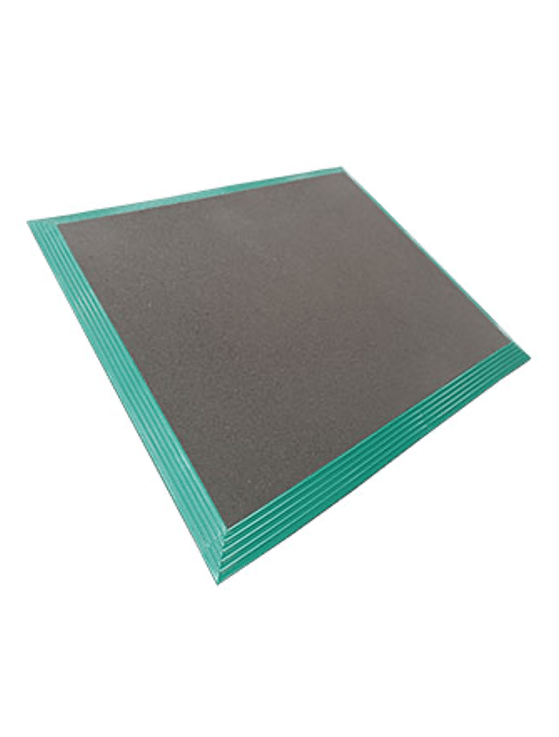
Value Creation Through Sustainability
73.5%
73.5% - 27 of 31 production facilities certified to the ISO 14001 environmental standard
3,492
3,492 tonnes of regenerated plastics used, a 41% increase on 2023
2,339
2,339 employees in 13 countries
2024 Key Performance Indicators
Reporting on sustainability and environmental progress from 2020 onwards
Regenerated plastics
19%
+5% vs. 2023
Target:
25% by 2030
Renewable energy
80%
From certificates and own solar
Target:
100% by 2030
Scope 1 reduction
23%
vs. 2023
Target:
Carbon neutral 2030
Scope 2 reduction
13%
vs. 2023 (market-based)
Target:
Carbon neutral 2030
Sustainability Committee = Board of Directors